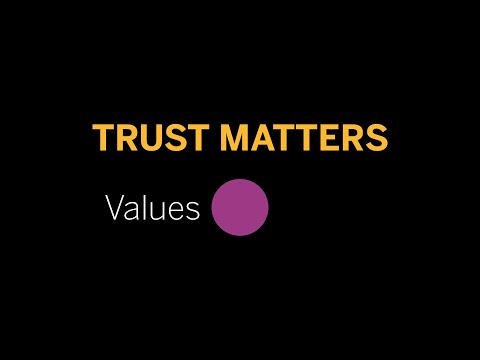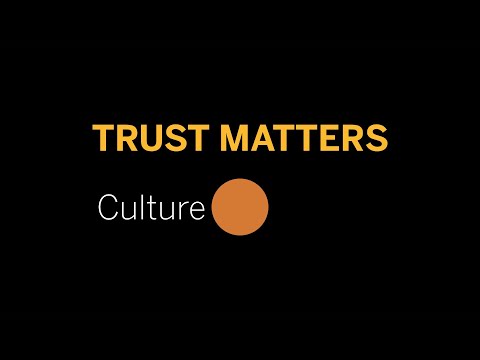Trust is never more tested or more important than in times of change and disruption. It defines how we operate as individuals, employees, and as a company. Trust is the lifeblood of sustainable business.
As SAP Chief Compliance Officer Vivianne Gordon-Pullar points out, the actions and decisions we all take to do business the right way have a significant impact.
In an interview, Gordon-Pullar shares her views on the increased compliance risks related to the COVID-19 pandemic. She explains how employees’ commitment to ethics and compliance defines a company’s success and introduces the company’s campaign of “Trust Matters.”
Q: Can you tell us more about the campaign “Trust Matters”?
A: One of the challenges when we talk about compliance is to make it real for people and to explain the context and the impact. Put simply, the concept underlying compliance is that of trust. We trust people every day – the systems that support our daily lives are all built on the foundation of trust. That applies to our customers too. If we are not operating in a way that encapsulates trust, we are not only jeopardizing SAP, but also our customers, our partners, and our entire ecosystem.
This is how we have to consider compliance: it forms the foundation of trust, demonstrating respect and illustrating that we are careful about how we go about our business.

What has changed during the pandemic and what are new business challenges for staying compliant?
As well as impacting individuals in different ways, the pandemic may also have created a situation of pressure within many organizations. Business may have become more challenging. Companies may feel greater pressure to deliver numbers that were set at the start of 2020, but that have become overly ambitious due to the current economic situation. Everyone, across all companies and all industries, must remember what really is important. The guiding principle is ethical business, which drives sustainable, long-term value and protects companies from the risks and consequences of non-compliant behavior. As a responsible corporate citizen in today’s world, we want to make a positive impact.
How are the pillars of culture and values helping SAP navigate through the pandemic?
It’s important that we can speak about our company and our work with pride. We want to tell people what we have done to help the world in this unforeseen crisis. Consider SAP’s mission: we want to help the world run better and improve people’s lives. If we don’t act in line with our values and our culture, then how do we expect to achieve that? We need to make the right ethical choices and follow the rules of compliance. Compliance is not simply a “bolt-on” action, it must be a “built-in” element of all business.

How does the Ethics and Compliance team at SAP operate?
The Ethics and Compliance team is comprised of senior and experienced individuals based all over the world. They not only create the policies and processes that define and explain the standards of compliance that are expected of all employees, but they also serve as trusted advisors to the business and are always available to our employees. In addition, we rely on a coordinated network of employees who act as Compliance Ambassadors around the world as champions for compliance. Together, we aim to achieve the highest standards of ethics and compliance across all areas of our business in all jurisdictions in which we operate.



